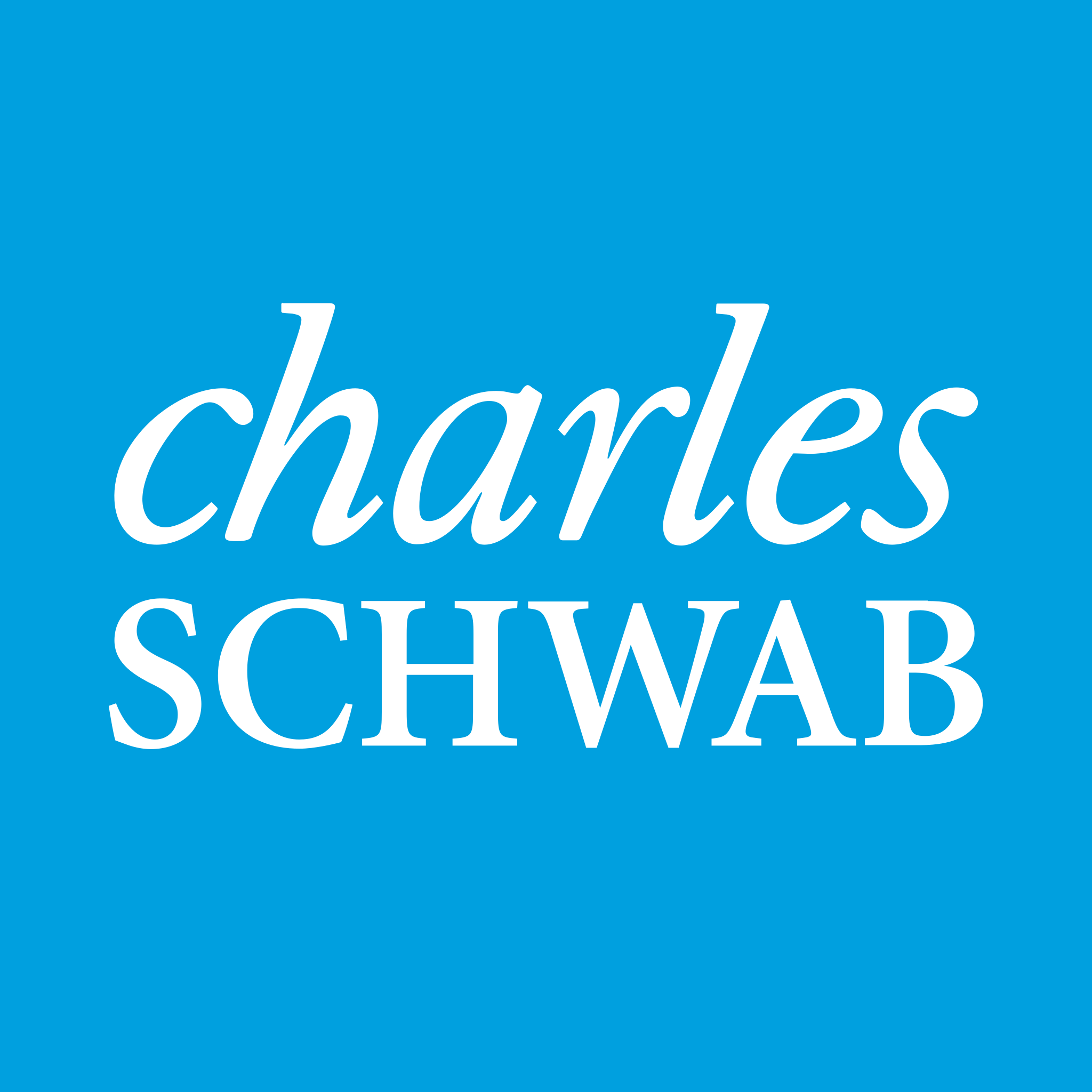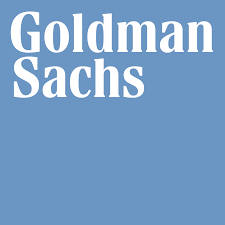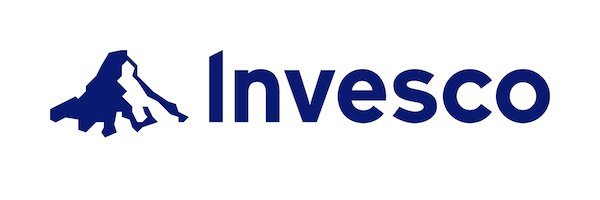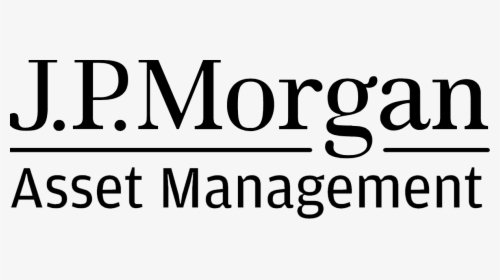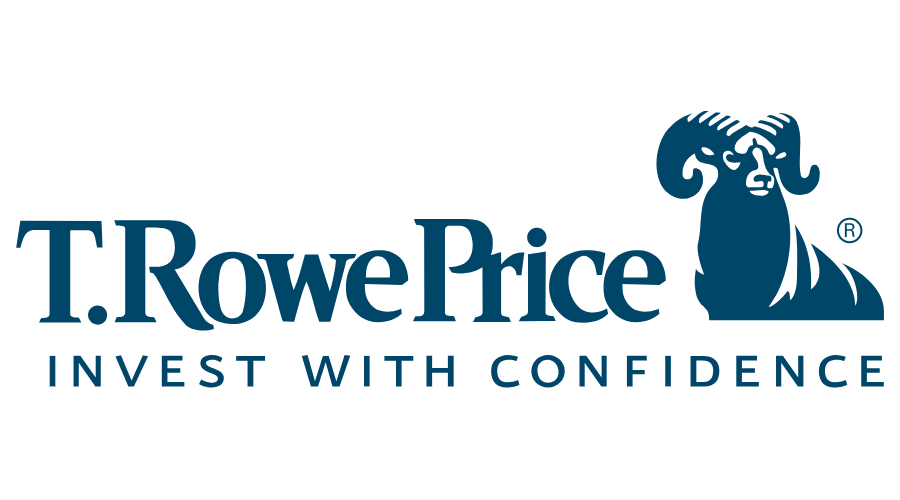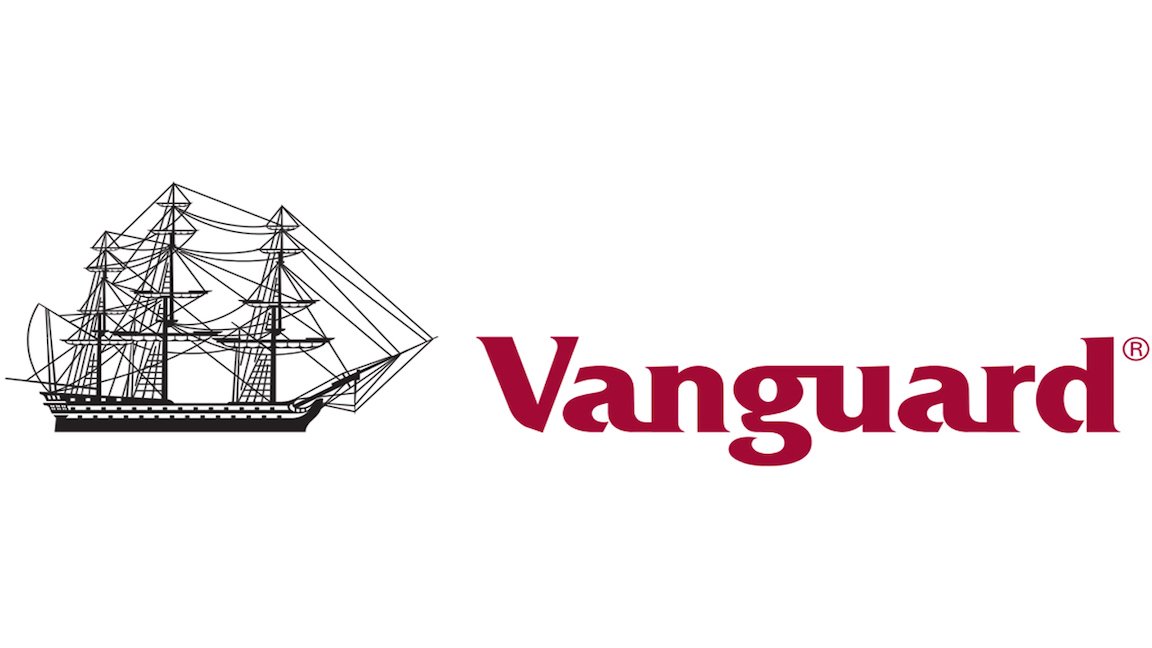
Mutual Funds & ETFs
Investment Universe
15,000+ Funds & ETFs
We let you stay in control of all aspects of your fund selections and future changes. USA 401k is open-architecture which means that you have access to most all funds & ETFs open to 401k investing.
15,000+ funds & 1,000+ ETFs, access to all mutual funds & ETFs available to a 401k
Vanguard: all funds open to 401k investing
Index funds & actively managed funds
No limit on the # of investment slots in your 401k, changes at any time free of charge
Top shelf mutual fund families include: Vanguard, Fidelity, Charles Schwab, JP Morgan, Goldman Sachs, American Funds, T. Rowe Price, BlackRock & hundreds more!
Environmental, Social, & Governance (ESG) funds are increasingly popular and here to stay. Empowering employees to align their investments with their values, ESG-themed investments are conveniently built into your investment menu with both indexed funds as well as actively managed solutions.
Low Investment Expenses
Lower expenses equate to higher participant returns
Every mutual fund has a price tag and, apples-to-apples, the lower the expense, the higher the net return. Even small differences in fees from one fund to another can add up to substantial differences in your investment returns over time says the SEC.
USA 401k is designed with low fund expenses as our primary focus.
Keeping expenses in check …
Index funds in our menu have a very low average expense ratio of under .05%.
This average expense is subject to change and depends on the specific funds that you choose for your lineup.
When you consider the impact that expenses have on long-term returns, it’s easy to understand why the fund decisions are some of the most important within a 401k. We help you with research materials, giving you an in-depth view of the funds and the tools you need to make a careful evaluation of the investment lineup.
Institutional Shares
USA 401k automatically qualifies participants for institutional funds regardless of your plan size.
Institutional share class mutual funds are low-expense investments offered in this 401k. They are superior to other share classes because the lower expense ratios translate into higher returns.
One mutual fund will often offer alternate share classes available to investors, each with a differing expense. Institutional share classes as offered in the 401k are most favored.
Gaining access to these lower-expense institutional share classes is a significant plus when comparing 401k providers.
USA 401k has a level program fee, experienced by participants, and detailed by the services agreement. There are no employer-related investment expenses.
Index & Active Funds
Much discussion surrounding fund selection has focused on the performance of index funds vs. active fund management results. While there are studies to support one tactic over the other, there will never be a definitive answer to which is effectively a better approach. Investors may be best served via a combination of both, so USA 401k’s investment menu incorporates both strategies in a broadly diversified universe of mutual fund and ETF choices.
INDEX FUNDS
Index funds, AKA Passive funds, are constructed with the goal of tracking or replicating the performance of the underlying index such as the S&P 500. Essentially, index funds are designed to mirror the performance of the respective index without entailing any active management, forecasting, or selection of underlying stocks.
MERITS
By tracking an index, an investment portfolio typically experiences fair diversification
They have lower trading costs than actively managed funds as they have low turnover of holdings
They don’t require an active manager
CONSIDERATIONS
Index funds will never outperform the market
Inability to move to cash in market contractions
ACTIVE FUNDS
Actively managed funds employ a portfolio investing strategy where the manager makes specific selections with the goal of outperforming an investment benchmark index. Active management is the opposite of passive management, because in passive management the manager does not seek to outperform the benchmark index.
MERITS
There is the ability to react to market conditions and adjust a portfolio accordingly
Each manager will use their own stock selection skills in their endeavor to outperform
Managers will buy targeted stocks when they believe the price is right
CONSIDERATIONS
Higher trading costs than passive funds as they have a greater turnover of holdings
An active fund could underperform the market
In Summary
Investors can enjoy the benefits of dual approaches when both active and passive funds have been included in the lineup. At times, active managers may outperform the benchmarks and capture some alpha in markets that tend to be less efficient while other times a passive fund will provide steady returns with low expenses.
Either way, an open-architecture design is the most versatile investment structure for employers because it enables freedom of choice. USA 401k is an open-architecture design.
Past performance is not a guarantee nor indication of future returns.





